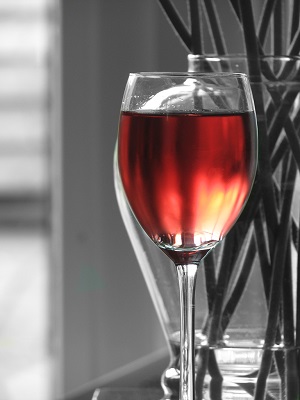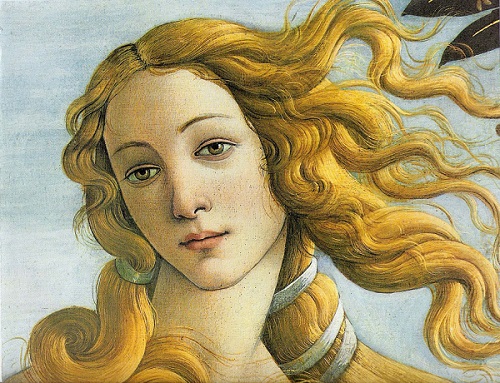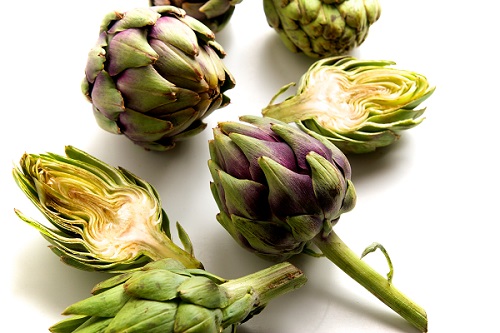
Did you know that in the late 14th century, demand for Bordeaux “Clairet” had become so strong, that the wine fleet sailed twice a year, with England taking around 80% of the Bordelais exports. (“Clairet” was the name given to a pink wine, the grapes for which were picked very early and as they lived in very porous casks did not maintain their youthful charm for very long, becoming bitter and more sour by the day.) England’s King Edward III, feared that the wine fleet would be attacked by pirates, or the French, ordered that the wine ships which were bound for England must sail in conveys of up to 200 ships at a time.
Wine in England and most everywhere else in the late 14th century was very heavily regulated, either by act or edict, and the price at which a merchant could sell his wine was set by law. Wine from Bordeaux was the wine of common fare, being cheaper than wine from Germany, which cost around one third more. Other wines were much more expensive. For example, Bordeaux wine sold for 4s per gallon in London in 1330, Rhenish wine 8s per gallon, while Vernaccia from Italy sold for 32s per gallon in 1362 and Malavasia from Greece, 20s per gallon. The popularity of the wines from Bordeaux came from their availability and low price.
The London Act 1330, stated that wines must be sold for a ‘reasonable price’ and ordered that all tavern keepers in the City of London, keep the doors of both their taverns and cellars open so that any buyer could see from where the wines were drawn. Fraud was rife and tavern keepers were faced with having their wines dumped and casks broken, and later laws threatened imprisonment for those caught selling false wine.
Of course one does need to remember that this was an era when wines generally tasted sour and no wine came in a labelled bottle, so in effect the legal maxim caveat emptor – buyer beware – had real meaning.
It was the Hundred Years’ War between England and France that saw the rapid decline of the medieval Bordeaux wine trade – sea voyages became significantly more perilous and wine supplies less reliable. England turned its attention to other sources of supply such as Spain and Portugal. By 1453 all shipments had ceased and it was not until the signing of the Treaty of Picquigny some 20 year later that some commercial wine trade was resumed, but it was a mere shadow of the former trading relationship.










